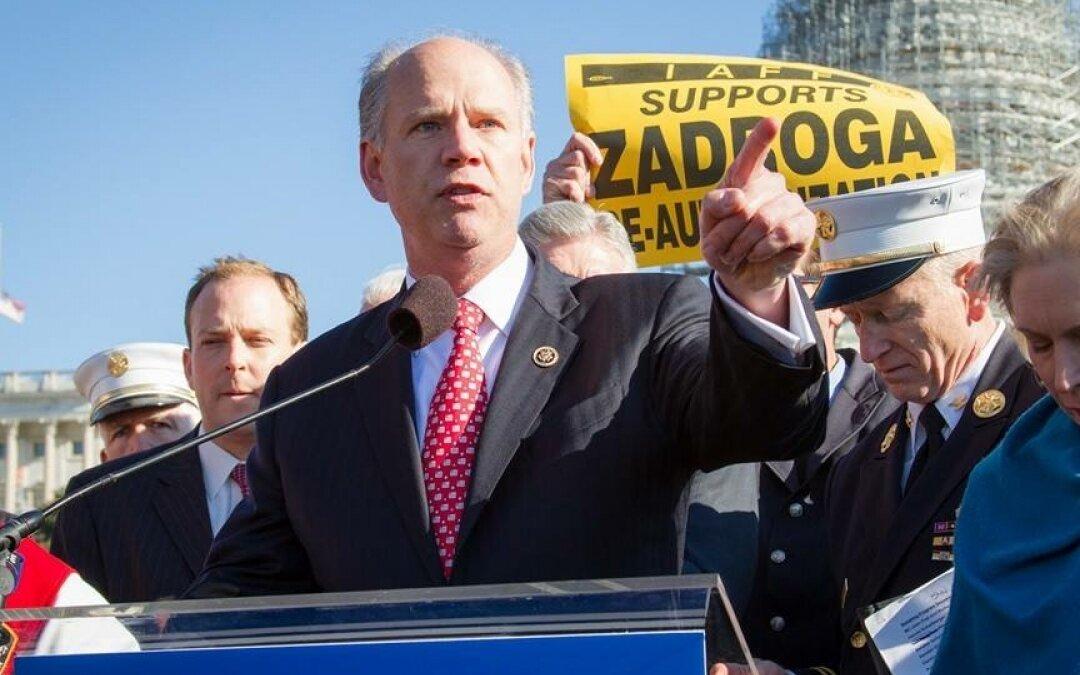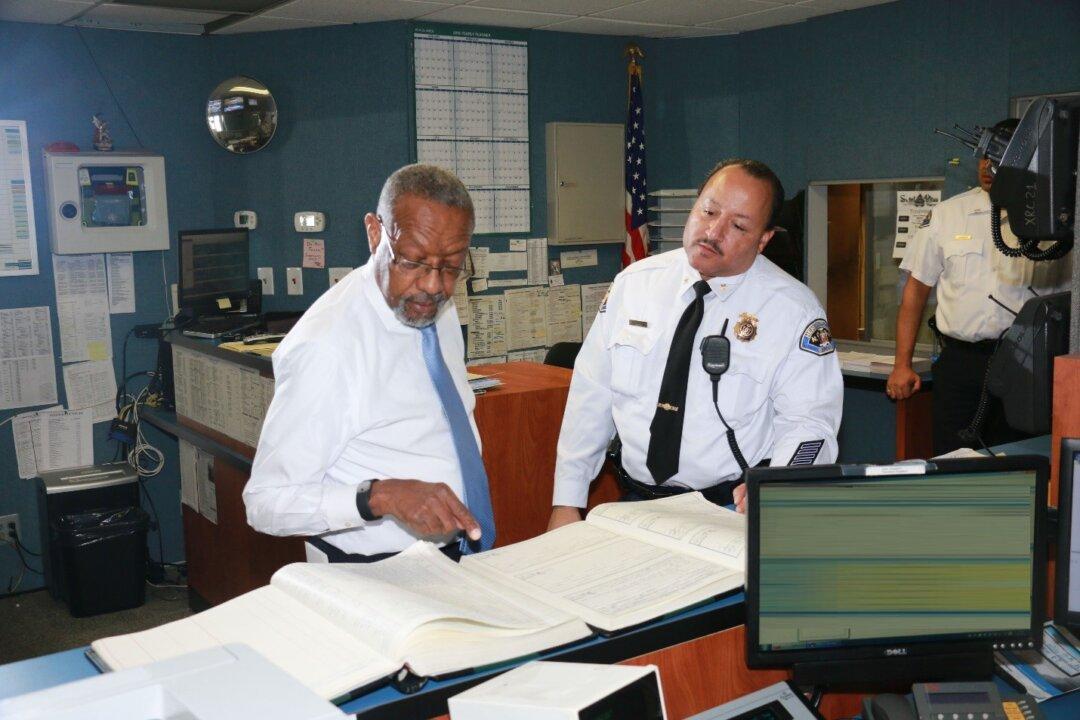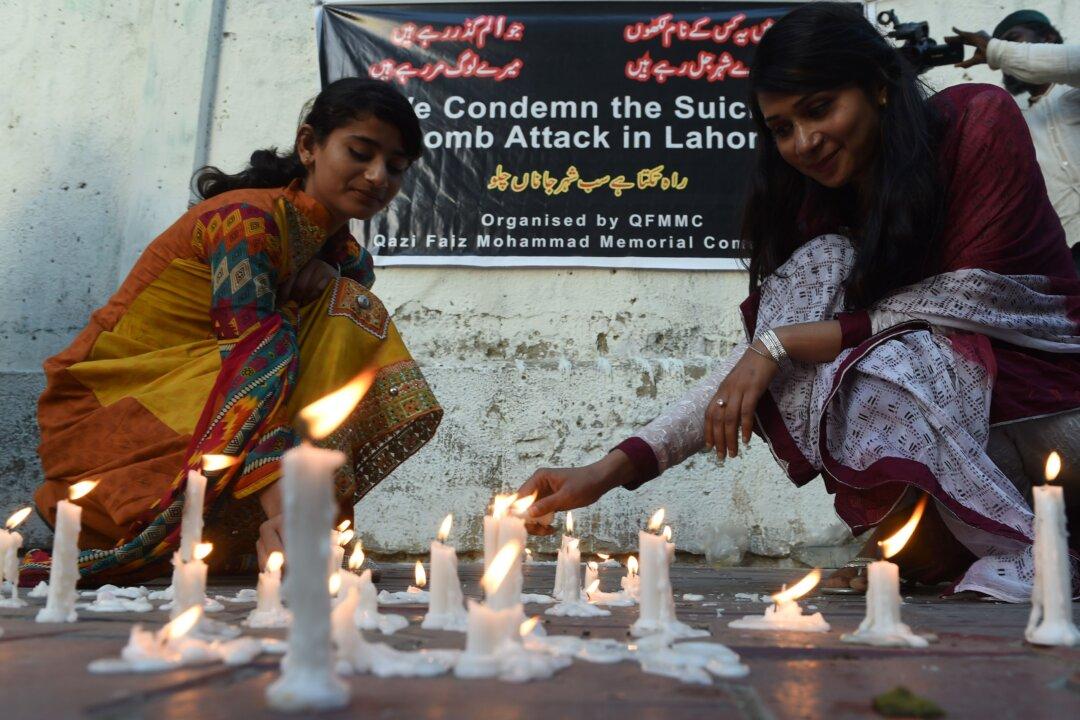“When the planes hit the Towers on Sept. 11, we on Staten Island and Bay Ridge, living our lives just miles from ground zero, saw it, smelled it, and felt it.” Those were, after our cursory introductions, the first words Rep. Dan Donovan Jr. (R-N.Y.) spoke to me in a recent interview held at his Staten Island congressional district office.
It should not have seemed difficult to anticipate that the congressman, whose 11th District covers all of Staten Island and Southwest Brooklyn’s Bay Ridge area, would want to begin the interview that way. Donovan, 59, who after the resignation of his predecessor Republican Michael Grimm, won a special election in May 2015 to represent the 11th Congressional District, is currently engaged in the beginning stages of a fierce battle with the Obama administration.
That battle is being waged over a provision in the administration’s 2017 budget proposal calling for the slashing of $180 million from the $580 million out of last year’s budget for the Urban Areas Security Initiative (UASI). UASI is a program first begun in 2006 that provides training and equipment for police and fire departments and other first responder units of the 28 American cities considered by intelligence agencies to be among the prime targets of terrorists.





